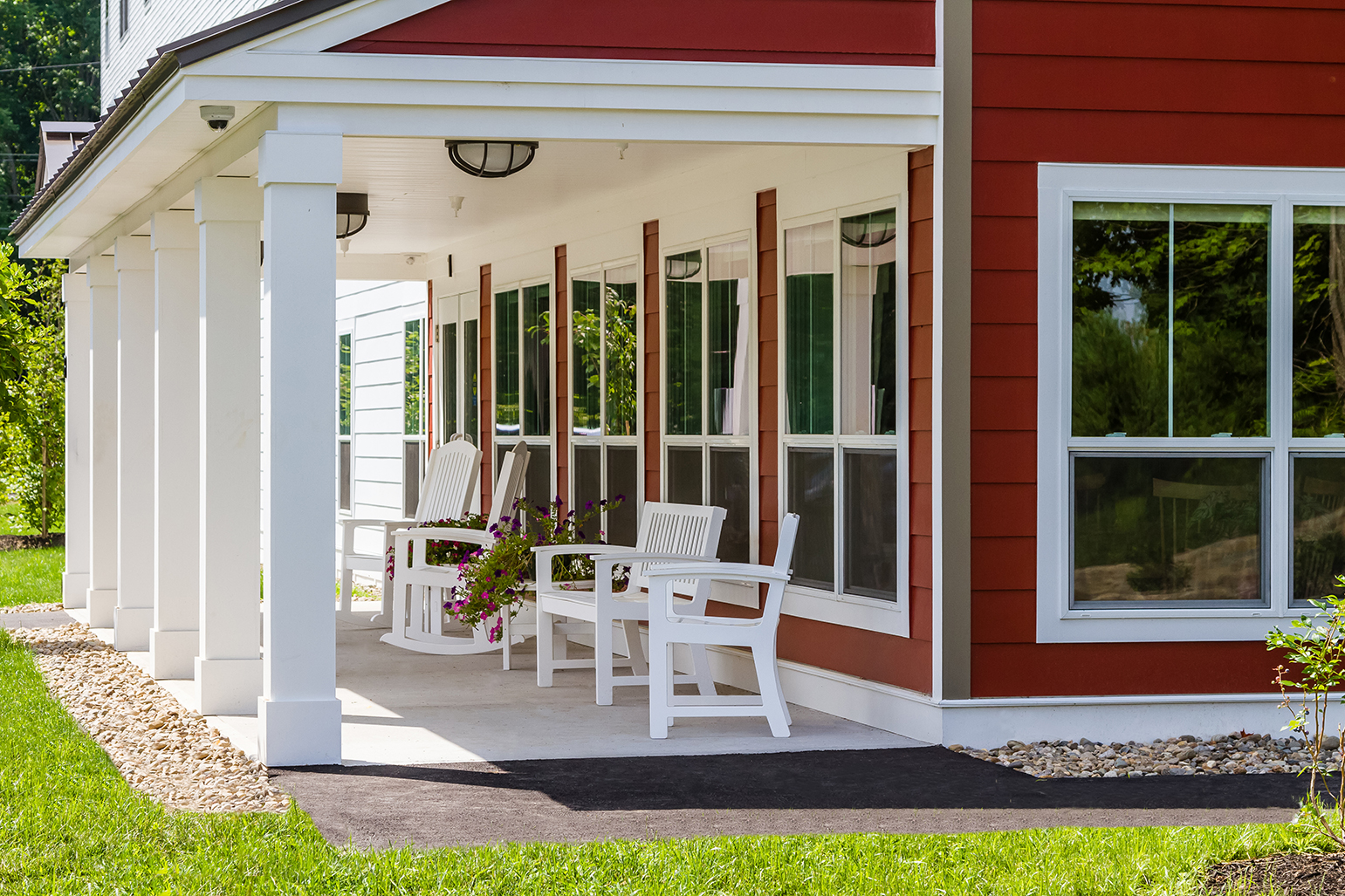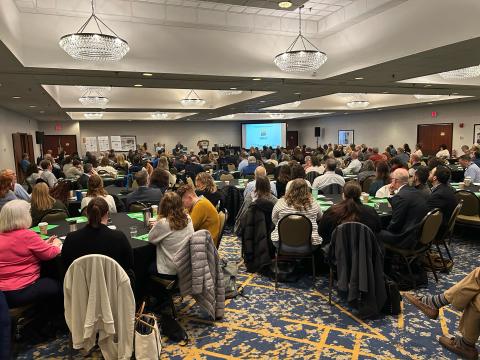


Housing Policy Conference – Mon., Nov 9, 2026

Residents at Avesta Housing
Maine Affordable Housing Coalition advocates for the creation and preservation of affordable housing so all people in Maine have a place to call home. Affordable housing is the basis of good lives and thriving communities. It allow families to stay together, people to complete education, seniors to age in place, and communities to form stable bonds.
Affordable housing is also the basis of thriving communities. Research has shown that communities with sufficient affordable housing experience a range of benefits across economic, health, educational, and social dimensions.
Roll Over to See Some of the Community Benefits of Affordable Housing

Increased Local Spending
Reduced financial burden on residents allows them to spend more on local goods and services, and stimulate the local economy.

Job Creation & Tax Revenue
Investments in affordable housing generate jobs and tax revenues. 100 tax credit apartments can result in approx. $7.9 million in local income, $827,000 in taxes, and 122 local jobs within a year.

Enhanced Physical & Mental Health
Access to safe and affordable housing is linked to better health outcomes, including reduced stress and lower rates of chronic illnesses.

Supportive Services
Affordable housing can be a platform for services to improve the health of vulnerable populations, such as the elderly and individuals with disabilities.

Stability for Students
Stable housing for children reduces school disruptions and provides a conducive learning environment.

Neighborhood Revitalization
Affordable housing developments can lead to increased local purchasing power, neighborhood vitality, and improved neighborhood quality.

Reduced Crime Rates
Stable housing is associated with lower crime rates, as it fosters community cohesion and reduces the transiency that can contribute to criminal activity.

Energy Efficiency
New affordable housing projects often incorporate green building techniques, leading to reduced energy consumption.

Reduced Emissions
When affordable housing is near employment centers and public transit, residents can reduce driving and greenhouse gas emissions.
